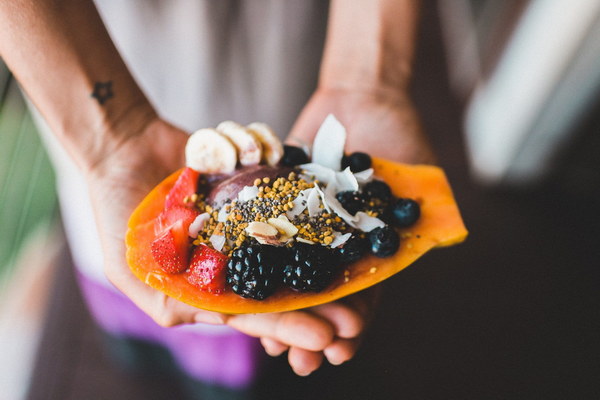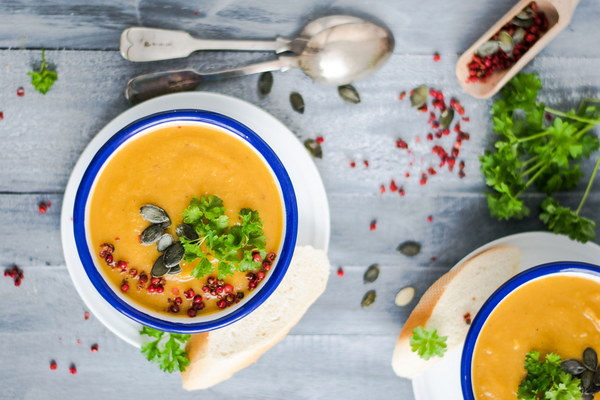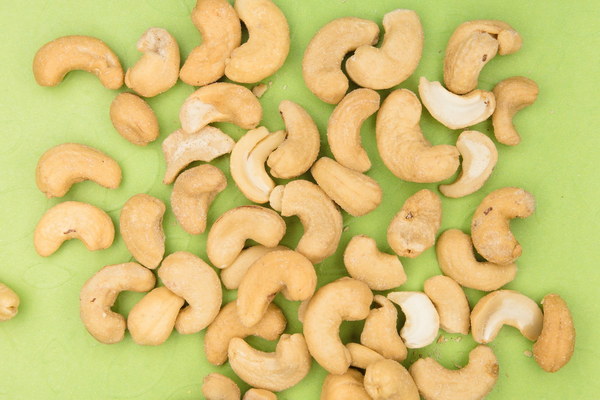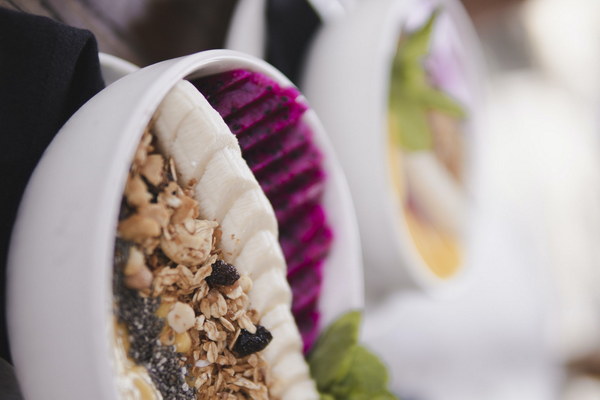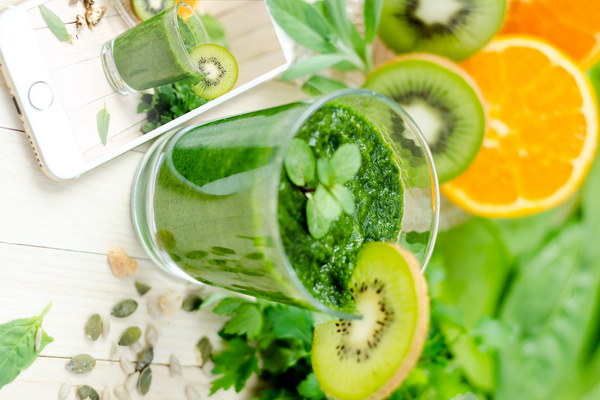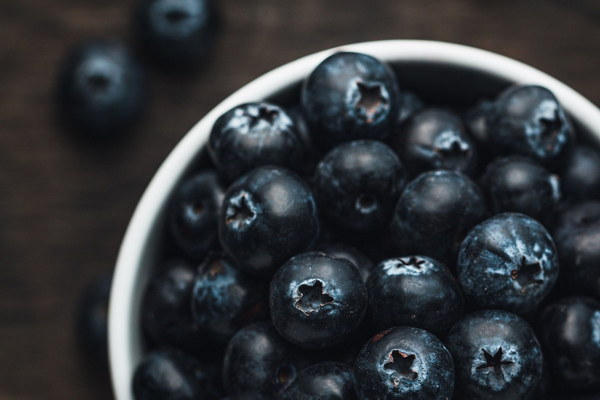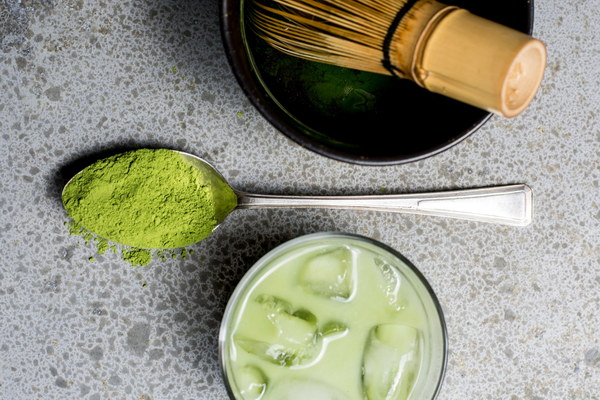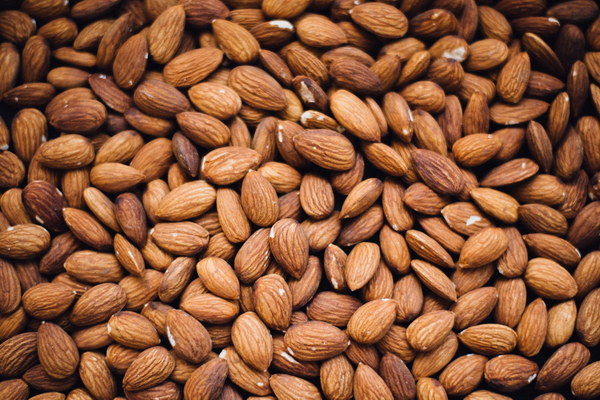Unlocking Health with Qinzhou's Medicinal Stewed Pigeon A Culinary Elixir for the Soul
Introduction:
Nestled along the beautiful coastline of southern China, the city of Qinzhou has long been renowned for its rich culinary traditions. Among its many delicacies, the medicinal stewed pigeon stands out as a unique and healthful dish that has captivated the palates of locals and visitors alike. This article delves into the art of preparing and enjoying the medicinal stewed pigeon, a culinary experience that promises both taste and therapeutic benefits.
The Art of Medicinal Stewed Pigeon:
The medicinal stewed pigeon is a dish that embodies the fusion of traditional Chinese medicine and exquisite cuisine. In Qinzhou, this dish is prepared with great care, using only the finest ingredients and following ancient recipes that have been passed down through generations.
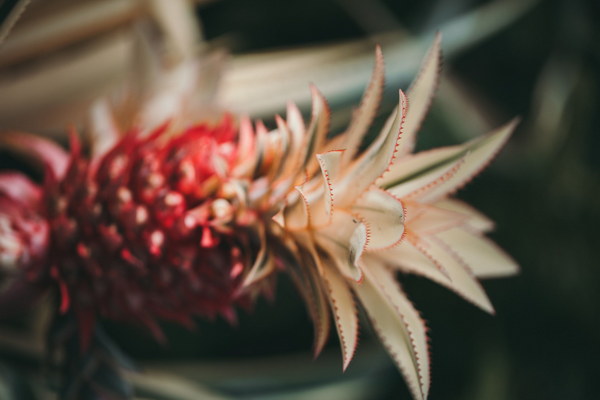
The pigeon, a symbol of grace and longevity in many cultures, is chosen for its supposed health benefits. It is believed that pigeon meat is rich in protein, vitamins, and minerals, making it an excellent choice for those seeking to boost their immune system or improve their overall well-being.
Ingredients and Preparation:
To create the medicinal stewed pigeon, several key ingredients are used, each contributing to the dish's unique flavor and therapeutic properties:
- Pigeon: A young, healthy pigeon is the centerpiece of the dish, ensuring the highest quality and flavor.
- Herbs and Medicinals: Traditional Chinese herbs such as astragalus, goji berries, and ginseng are added to the stew, believed to enhance the pigeon's health benefits.
- Soy Sauce and Spices: A blend of soy sauce, star anise, ginger, and spring onions adds depth and aroma to the dish.
- Stock: A rich, flavorful stock is made by simmering chicken bones and other aromatic herbs.
The preparation of the pigeon begins with cleaning and preparing the bird, then poaching it in the stock to tenderize the meat. The pigeon is then carefully removed and allowed to cool, after which it is sliced into bite-sized pieces.
Next, the herbs and medicinals are simmered in the stock until they are infused with their properties. The stock is then strained, and the pigeon pieces are added back into the pot, along with the soy sauce and spices. The mixture is then slow-cooked for several hours, allowing the flavors to meld together and the pigeon to absorb the healing properties of the herbs.
The Health Benefits:
The medicinal stewed pigeon is not just a delicious meal; it is also a healthful one. The dish is believed to offer numerous benefits, including:
- Boosting the Immune System: The combination of pigeon meat and medicinal herbs is thought to enhance the body's natural defenses against illness.
- Promoting Longevity: The pigeon's reputation as a symbol of longevity is backed by its supposed ability to support healthy aging.
- Aiding Digestion: The dish is believed to aid in digestion and promote a healthy gut, thanks to the inclusion of ginger and other digestive herbs.
- Relieving Stress: The soothing flavors and comforting texture of the pigeon are said to help alleviate stress and promote relaxation.
Serving and Enjoying:
Once the medicinal stewed pigeon is ready, it is typically served in a deep bowl, garnished with chopped green onions and sesame seeds. The dish is often accompanied by steamed vegetables or a side of rice, providing a complete and satisfying meal.
The experience of enjoying the medicinal stewed pigeon is not just about the taste; it is also a journey into the rich tapestry of Chinese culinary and medicinal traditions. Each bite is a celebration of the harmony between food and health, a testament to the wisdom of the past and the joy of the present.
Conclusion:
In Qinzhou, the medicinal stewed pigeon is more than just a dish; it is a cultural treasure that reflects the city's deep connection to nature and health. For those fortunate enough to taste this culinary elixir, the experience is one that will linger in the memory and the body, offering both deliciousness and wellness.
